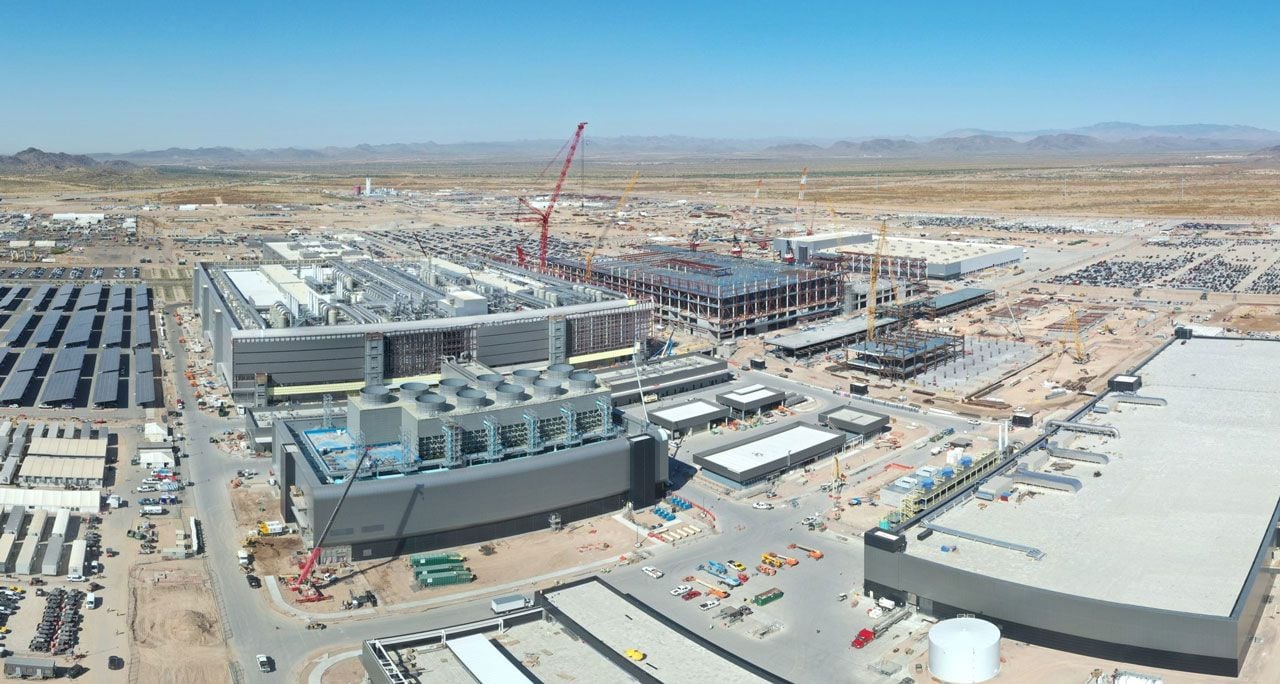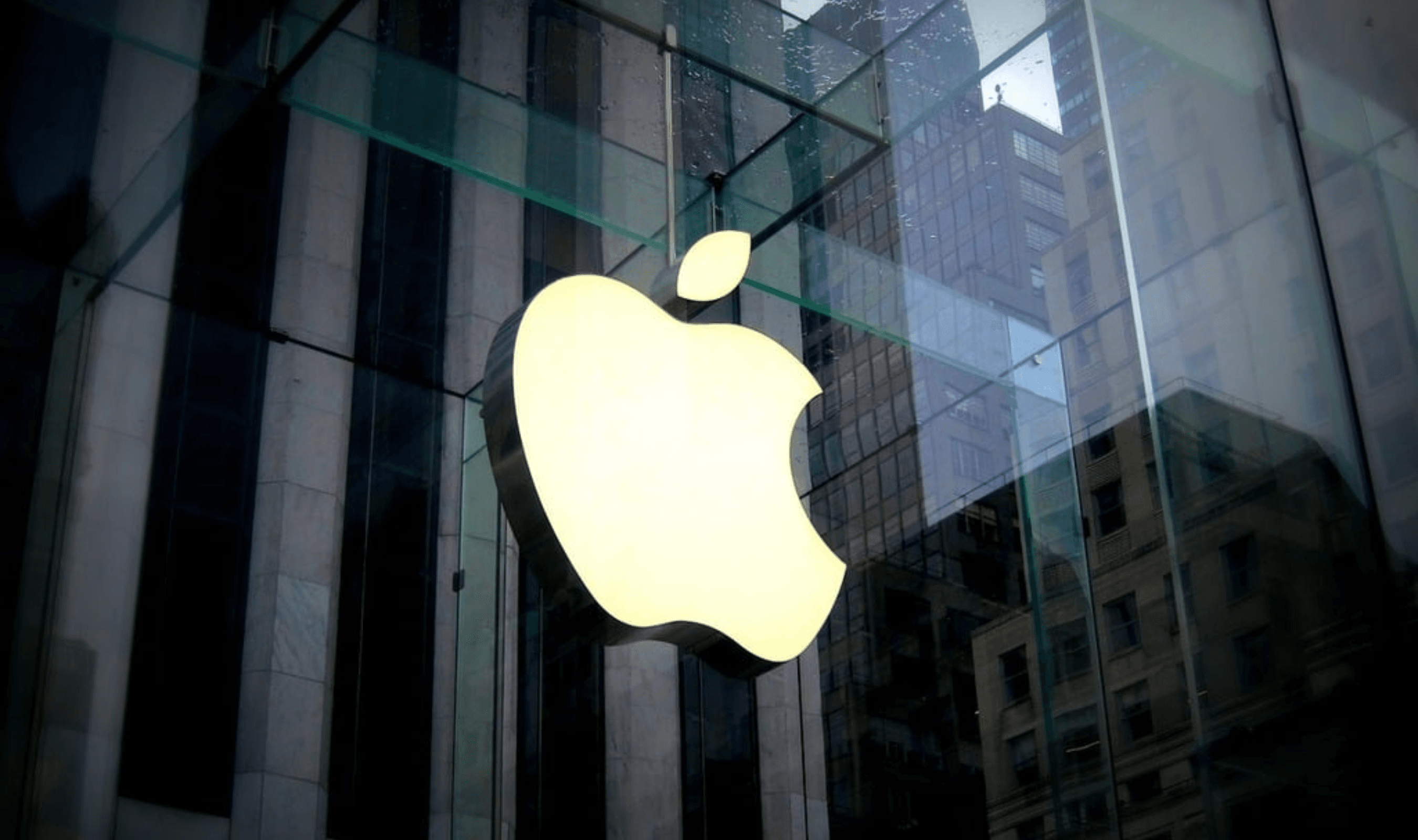Apple's appetite for cutting-edge silicon just reached new heights. The Cupertino giant has reportedly locked down nearly 50% of TSMC's entire 2nm chip production capacity, according to multiple industry sources and supply chain insiders. This move positions Apple to dominate the next generation of processor technology while potentially leaving competitors scrambling for scraps.
TSMC is staying on track with its ambitious 2nm roadmap, with mass production scheduled to kick off in Q4 2025. The foundry has been ramping up capacity at its Baoshan and Kaohsiung facilities, with monthly production expected to hit 45,000-50,000 wafers by year-end, then more than double to over 100,000 wafers in 2026. When you factor in TSMC's Arizona fab coming online, the company anticipates reaching 200,000 wafers monthly by 2028.
TSMC's 2nm wafers are reportedly commanding a staggering $30,000 per unit, yet major players like Apple, Qualcomm, AMD, and Intel are still fighting tooth and nail for allocation slots. The premium reflects just how challenging this next-generation process has become, with each nanometer requiring billions in R&D investment and cutting-edge manufacturing techniques.
Industry watchers shouldn't be shocked by Apple's aggressive capacity grab. The company has a well-established pattern of securing TSMC's newest nodes early and in volume. According to digitimes, Apple reportedly booked nearly 90% of TSMC's 3nm capacity back in 2023. That playbook is clearly working, giving Apple significant competitive advantages in performance and power efficiency.
The Timeline That Matters
Don't expect 2nm chips in your iPhone 17 this fall, though. Multiple sources confirm that Apple's A19 processors will stick with TSMC's refined N3P node due to current 2nm costs and limited initial capacity. The real action starts with the iPhone 18 generation, likely arriving in late 2026, when Apple's first 2nm processors could deliver performance gains of 10-15% while slashing power consumption.
For Mac users, the M5 series chips are also expected to remain on current-generation processes initially, with 2nm variants potentially arriving alongside expanded TSMC capacity. This timeline aligns perfectly with TSMC's production ramp, where the 8x capacity expansion in 2026 should finally make 2nm economically viable for mass deployment.
The implications stretch far beyond Apple's product roadmap. Apple Insider reports that Qualcomm has secured the second-largest allocation of 2nm capacity, but competitors like Samsung, MediaTek, and even Nvidia will face tighter constraints as they wait for additional capacity to come online in 2027. Some industry insiders suggest this could give Apple a 12-18 month head start with 2nm technology in consumer devices.
TSMC's customer base is becoming increasingly American-heavy as these premium processes enter production. The foundry expects U.S. customers to represent over 80% of revenue as 2nm ramps up, compared to roughly 75% today. Apple's massive capacity commitment, likely involving substantial prepayments or exclusive agreements, reinforces this geographic shift in semiconductor manufacturing.
The financial stakes couldn't be higher. While 2nm wafers cost approximately 50% more than their 3nm predecessors, the performance and efficiency gains justify the premium for companies like Apple that can command premium pricing for their devices. For consumers, this likely means more powerful, longer-lasting devices, though potentially at higher price points as Apple navigates these elevated manufacturing costs.
Looking ahead, TSMC has already outlined its next steps beyond 2nm. The N2P and A16 processes are scheduled for mass production in H2 2026, with the A14 node targeting 2028. According to Yahoo Tech, Apple's early investment in 2nm capacity essentially guarantees priority access to these future nodes as well, maintaining its silicon advantage for years to come.
As TSMC's production hits full stride over the next two years, the ripple effects will reshape everything from smartphone performance to AI computing capabilities. Apple's strategic capacity lock-up ensures it'll be leading that charge, while competitors adjust their roadmaps around whatever capacity remains available.















